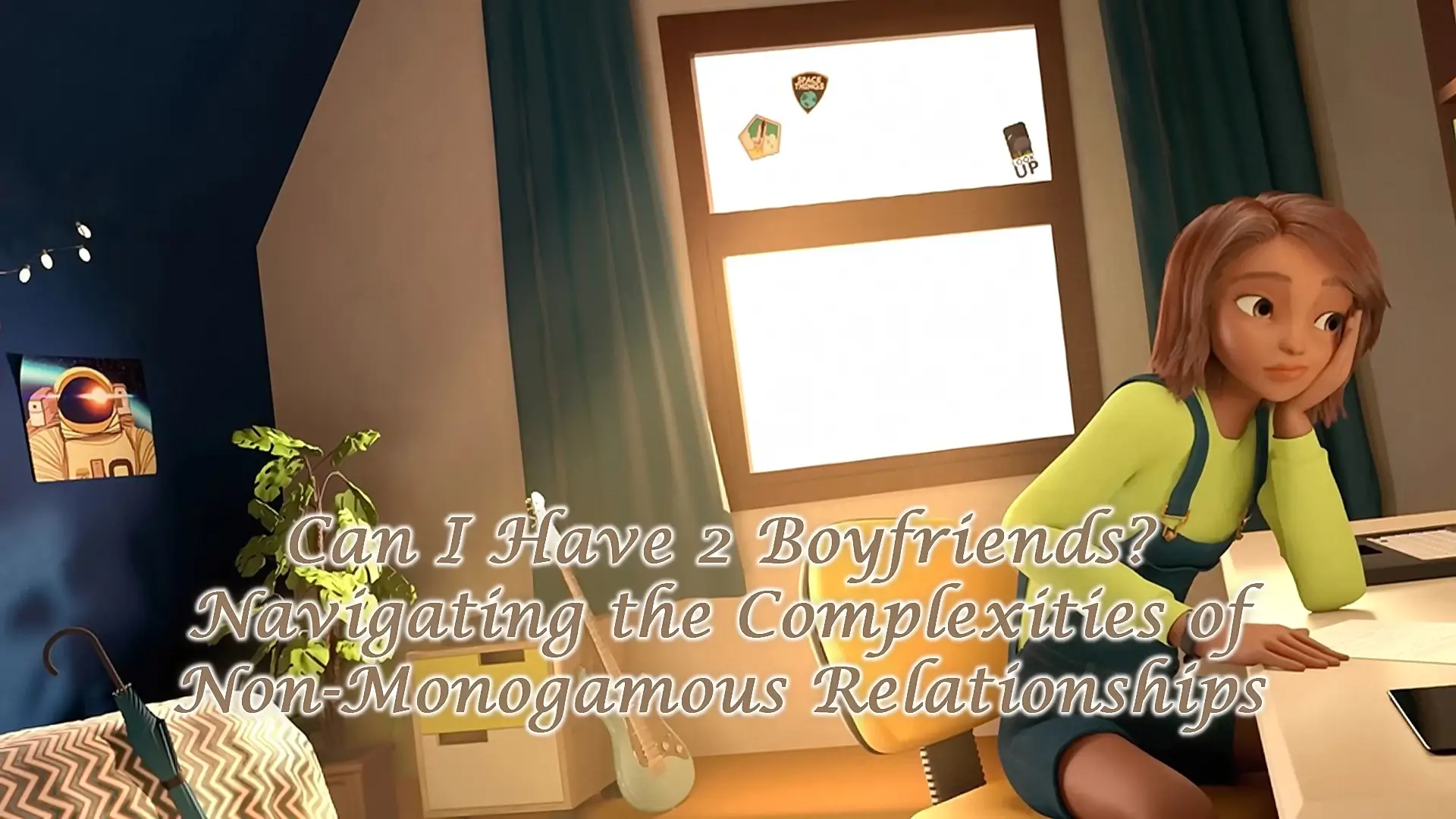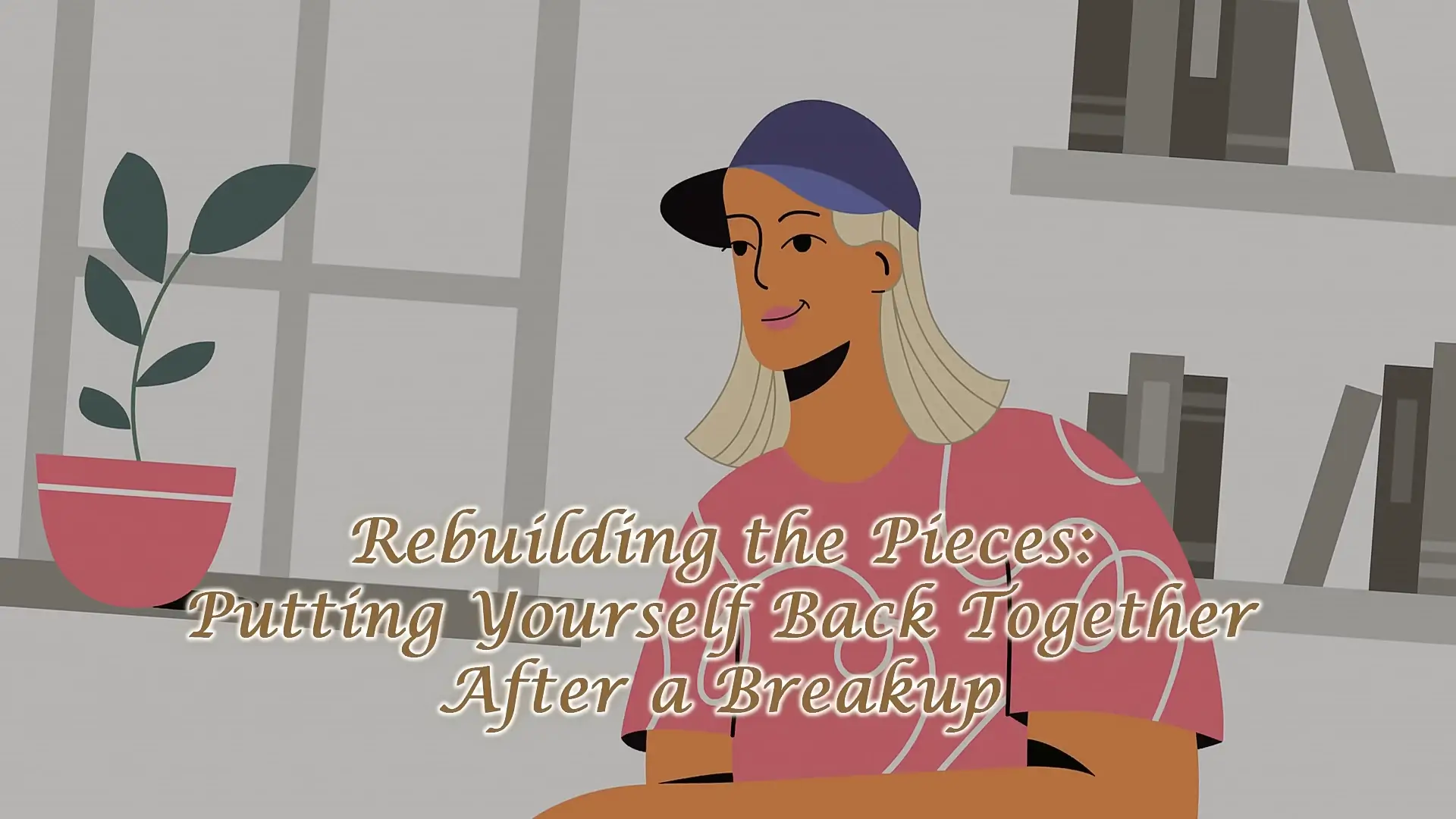In a world that increasingly embraces diversity and challenges traditional norms, individuals are exploring alternative relationship dynamics beyond the conventional one-to-one model. One common question that arises is, “Can I have 2 boyfriends?” This inquiry opens the door to a complex and evolving conversation about non-monogamous relationships.
Can I Have 2 Boyfriends? Navigating the Complexities of Non-Monogamous Relationships
Non-monogamy comes in various forms, including polyamory, open relationships, and more. It’s essential to recognize that there is no one-size-fits-all answer to the question at hand, as the dynamics of relationships are as diverse as the individuals involved.
Understanding Non-Monogamy:
Non-monogamy challenges the societal expectation that romantic relationships should be exclusive and monogamous. Polyamory, for example, involves engaging in consensual, romantic relationships with multiple partners simultaneously. Open relationships, on the other hand, typically allow for sexual connections outside the primary partnership while maintaining emotional exclusivity.
Challenges of Having 2 Boyfriends:
While the idea of having multiple romantic partners may sound appealing to some, it comes with its fair share of challenges. Communication is paramount in any relationship, but in a non-monogamous setup, it becomes even more crucial. All parties involved must be transparent about their desires, boundaries, and expectations.
Jealousy and insecurity can also pose significant hurdles. Navigating these emotions requires a high level of emotional intelligence and effective communication to ensure everyone feels heard and understood. Society’s prevailing monogamous norms may contribute to judgment and misunderstanding, making it crucial for individuals in non-monogamous relationships to build a strong support system.
Benefits of Non-Monogamous Relationships:
Despite the challenges, many individuals find fulfillment and happiness in non-monogamous relationships. Having 2 boyfriends, when done consensually and ethically, can offer emotional support, companionship, and a diverse range of experiences. Non-monogamous relationships can also allow individuals to explore different aspects of their personalities and fulfill various emotional and physical needs.
The emphasis on open communication and honesty in non-monogamous relationships often results in deep emotional connections and personal growth. Partnerships are built on trust, and the freedom to explore connections outside the primary relationship can lead to a more secure and resilient bond.
Considerations for Non-Monogamous Relationships:
Before embarking on a non-monogamous journey, individuals must consider several factors. Clear communication and consent are non-negotiable, and setting boundaries is essential to avoid misunderstandings. Each partner should feel comfortable expressing their needs, desires, and concerns without fear of judgment.
Practical considerations, such as time management and safe practices, are crucial in maintaining healthy relationships. Balancing multiple partners requires careful scheduling and a commitment to prioritize each connection appropriately. Safe sex practices are vital to protect everyone involved from potential health risks.

Societal Perceptions and Stigmas:
Despite the growing acceptance of diverse relationship models, non-monogamous arrangements can still face societal stigmas. It’s essential for individuals navigating these relationships to be aware of potential judgment and discrimination. Building a supportive community of like-minded individuals can provide a valuable network to lean on during challenging times.
Education and awareness play a crucial role in dismantling stereotypes surrounding non-monogamous relationships. As society continues to evolve, it is hoped that more people will come to understand and accept the validity of diverse relationship structures.
And so:
The question, “Can I have 2 boyfriends?” opens the door to a broader conversation about the complexities and possibilities of non-monogamous relationships. While navigating such dynamics can be challenging, the key lies in open communication, honesty, and a commitment to consensual and ethical practices.
Non-monogamous relationships offer individuals the opportunity to explore and experience love in ways that align with their authentic selves. As society continues to evolve, it is crucial to foster understanding, acceptance, and empathy for those who choose relationship models outside the traditional norm.
And so, the journey of having 2 boyfriends, or engaging in any form of non-monogamy, is a personal one that requires introspection, clear communication, and a deep understanding of oneself and the dynamics involved. As long as it is consensual, ethical, and brings happiness to all parties involved, non-monogamous relationships can be a valid and fulfilling choice in the realm of modern romance.




It’s a useful article for anyone considering or already engaged in non-monogamous relationships, offering guidance on how to make these connections fulfilling and sustainable.
The article offers valuable insights into the challenges and rewards of maintaining multiple romantic connections.
The author does a great job of debunking common misconceptions about non-monogamy and highlighting the importance of trust and communication.
It’s enlightening to see how individuals can navigate the complexities of having multiple partners in a consensual and respectful manner.
This article provides a refreshing perspective on non-monogamous relationships, challenging societal norms and encouraging open communication.